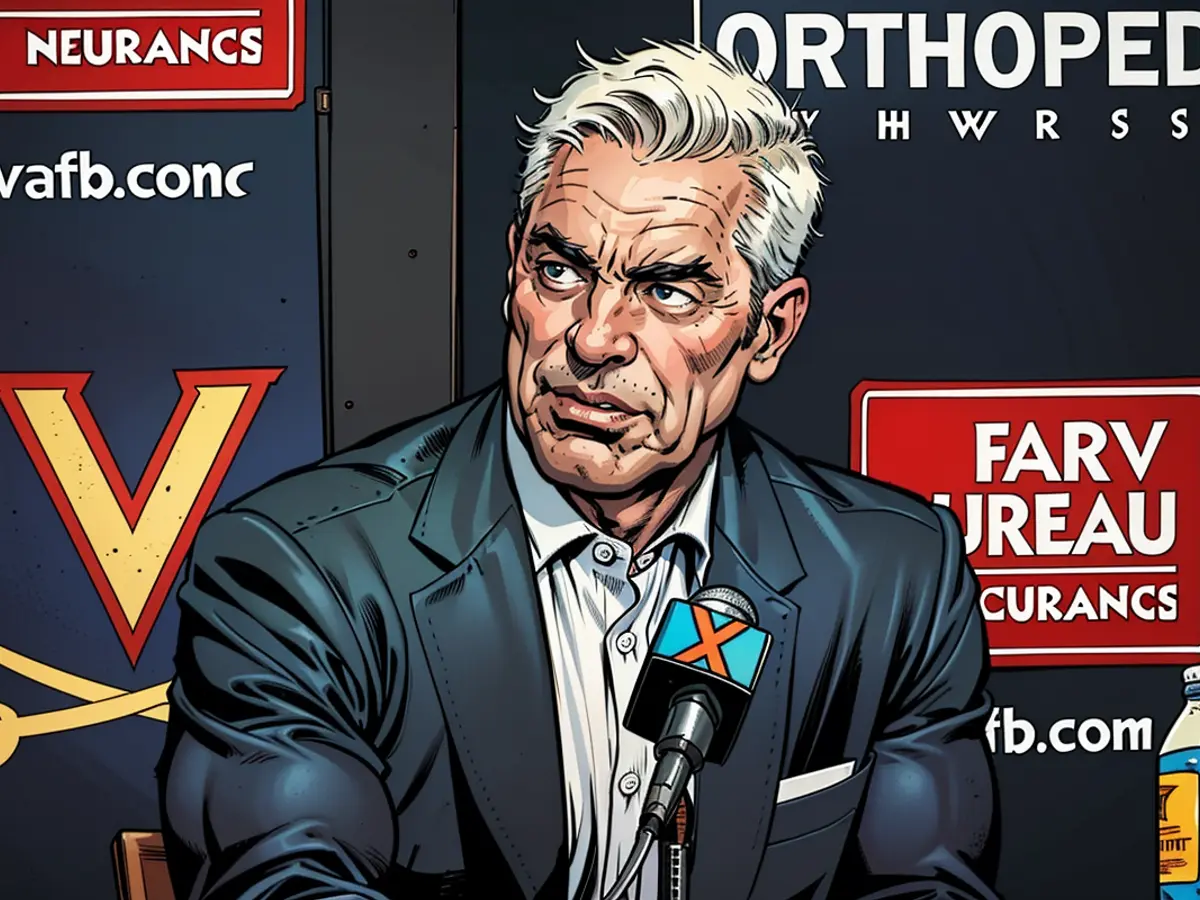In his statement regarding retirement at Virginia, Tony Bennett expressed that he no longer considered himself the ideal coach to spearhead the team in the present-day situation.
"I'm no longer the best fit to steer this program in its current state," a emotional Bennett admitted in a press conference at John Paul Jones Arena on Friday. "And if you're going to take on this task, you need to be fully committed. You need all your resources. If you approach it half-heartedly, it's not fair to the university and those young athletes.
"So that's why I decided to step down."
Ron Sanchez, the former associate head coach under Bennett, is stepping in as interim head coach for the 2024-2025 season. Virginia will kick off their season against Campbell on November 6.
A triple national coach of the year, Bennett boasted a 364-136 record with the Cavaliers. He led the men's team to their first national title in 2019, a year after Virginia was famously ousted in the first round of March Madness.
In 2018, UVA was a top seed and heavy favorites to defeat No. 16 seed University of Maryland, Baltimore County (UMBC) in the NCAA men's basketball postseason tourney. The Retrievers wrote history when they defeated Bennett's Cavaliers, becoming the first No. 16 seed to beat a No. 1 seed in men's tournament history.
Bennett orchestrated one of the most outstanding redemption stories in sports history the following year, when UVA returned as a top seed to the title game and ousted Texas Tech in overtime to clinch the program's first title.
Bennett came to Virginia to test himself, to see if he and his staff could build a program that could compete against the blue bloods like Duke's Mike Krzyzewski, North Carolina's Roy Williams and Syracuse's Jim Boeheim in the Atlantic Coast Conference.
He certainly succeeded. During Bennett's tenure as head coach of the Cavaliers, Virginia won two ACC tournament titles and six ACC regular season championships.
Bennett considered stepping down after last season, but quickly got involved in the recruiting process and the transfer portal. Then the university offered him an extension, keeping him with the program until 2030.
It was during fall break, Bennett said, when he took a step back to reflect and consider the future.
"And that's when I realized I couldn't continue," Bennett said. "It's not fair to these guys and to this institution that I love so much to continue when you know you're not the right person for the job.
"The reason I did it then instead of waiting, I wanted one of my staff members to take over. I always have. I felt if I knew it was the time, instead of delaying it, I wanted these guys to have a few scrimmages, a few weeks before they played games, to get together and step aside."
Bennett emphasized in his press conference that he believes "it's right for players to receive revenue."
"Please don't misunderstand me," he said. "I do. I think it is. But the game and college athletics is not in a healthy state. It's not. And there needs to be change."
"I was equipped to do the job the old way," Bennett continued. "That's who I am, and that's how it was, and my staff helped me get to this point.
"But there needs to be change. It's going to be closer to a professional model... where there's got to be collective bargaining. There has to be restrictions on the salary pool that teams can spend. There has to be transfer regulation restrictions.
"There has to be some limits on the agent involvement for these young athletes... And I worry a lot about the mental health of the student-athletes as all this stuff comes down. ... Maybe I can be an advocate for the student-athletes and the coaches to bring about the changes."
"(Virginia) is a place that will not compromise and do it the right way," Bennett said. "I wish it could be me, but it can't. And when you know in your heart it's the time, you have to give it away."
Despite his accomplished coaching career in sports, including leading Virginia to their first national title in 2019, Bennett acknowledged that the rapidly evolving landscape of college athletics requires a different approach. He expressed his belief that changes are necessary to ensure the game transitions towards a more equitable model, protecting the mental health of student-athletes and enforcing proper regulations.








